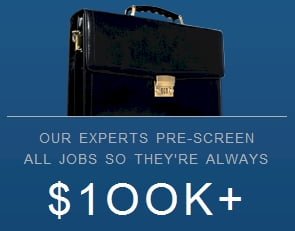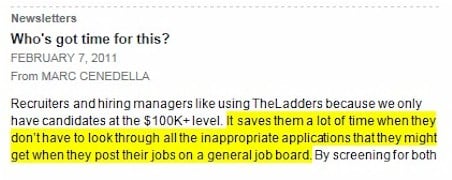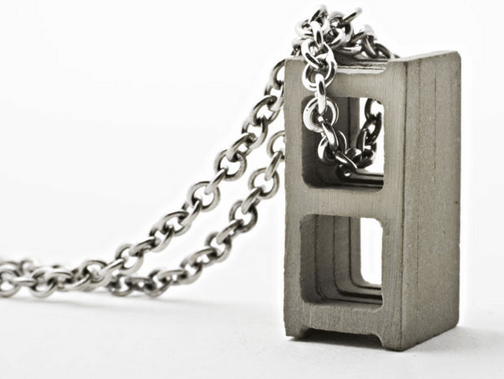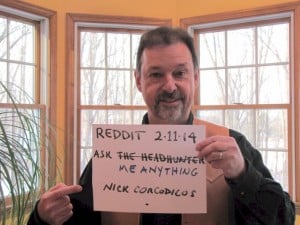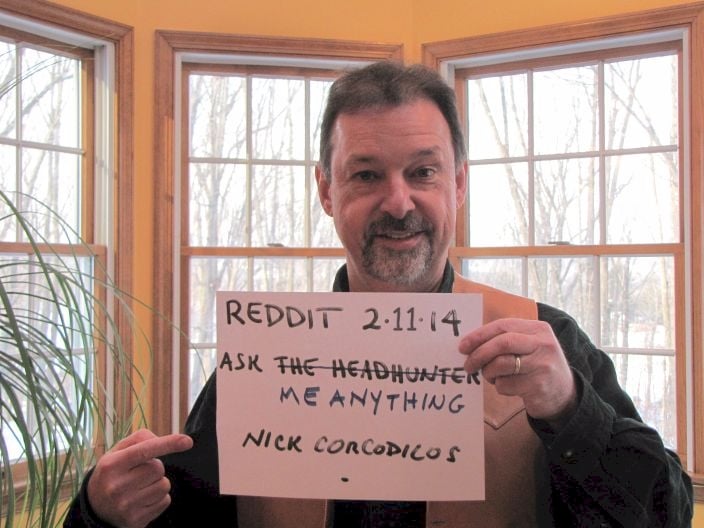In a recent edition, we discussed what to do when an employer makes you a low job offer for a job you plan to take anyway. Now it’s time to boost the employer’s opinion of what you are really worth, well before an offer is ever made to you.
In the March 25, 2014 Ask The Headhunter Newsletter, a reader asks how to get a bigger offer:
I think you’re right: To get a company interested in me, I need to show what my value is to them. But if I’m not a salesperson or entertainment star (in which case it should be very obvious), how do I quantify my value to an employer’s bottom line? How do I actually prove I’m worth a higher job offer?
 Nick’s Reply
Nick’s Reply
Here’s my general approach: Estimate as best you can how your work will produce revenue or reduce costs for the company. Then explain it to the employer. Your numbers will be off; that’s okay. What matters is being able to have an intelligent discussion about how you can do the job in a way that pays off to the employer.
Virtually no one does this in a job interview. I’ve had people tell me it’s presumptuous to talk about how they’d contribute to the bottom line. Others claim it’s impossible to calculate one person’s impact. Again, what matters is that you’re telling the employer you care about his success and how you’d fit into the equation. Don’t lecture; have a discussion..
I address this challenge in Fearless Job Hunting, Book 6, Be The Profitable Hire. Here is an excerpt from the book:
Estimate your impact to the bottom line
If the work you do is overhead and mostly affects costs: Do you shave two minutes off each customer service call you handle? Have you figured out a way to get projects done 20% faster? Multiply this by the hourly wage or by the salary. The savings are just one part of the profit you contribute. Get the idea? I’m simplifying, but few of your competitors will offer any estimates at all. This gives you a good, honest story to tell the employer about how you will contribute to the success of the business. It gives you an edge.
If the job affects revenue: Try to quantify the impact. Your estimate may not be accurate, simply because you don’t have all the relevant information at your fingertips, but you must be able to defend your calculations. Run it by someone you trust who knows the business, then present it to your boss or to your prospective boss. You can even present your estimates in the interview, and ask the employer how you might make them more accurate. This can be a very effective ice breaker.
If you can’t demonstrate how you will contribute to the bottom line, then be honest with yourself: Why should the employer hire you? Or, why should your employer keep you?
Rather than demonstrate their value, job hunters hand over their resumes and wait for the employer to figure it out. Employers are not good at figuring out your value… The particulars depend on the job and the situation. I can almost guarantee that when you discuss a job in such profit-based terms with management, they won’t care so much about your actual numbers. But they’ll be impressed that you cared enough to try to work it out. (Just make sure that you do the necessary homework before you go to the interview!)
Reprinted from Fearless Job Hunting, Book 6, The Interview: Be The Profitable Hire, “How can I demonstrate my value?” pp. 8-9. The book includes “How to do a Working Interview,” “What’s your business plan for this job?” and 10 other methods to show you’re the profitable hire — plus 8 How to Say It tips.
You’ve already guessed this is not an easy way to boost a job offer. But why should it be? Why would anyone offer you more money if you can’t show them what they’ll get in return? This is how the best headhunters coach their candidates to get the best offers.
Job interviews have become so rote that applicants just show up, and employers think they’ll be able to make a hiring judgment based on a bunch of worn-out questions and answers. That’s to your advantage. Your competition is not likely to attempt what I’m suggesting. To be the applicant who stands out, be ready to show why you’re the profitable hire. Do the work, win the job.
How do you get bigger job offers? What advice would you give this reader? Have you tried and failed to get more money?
: :

